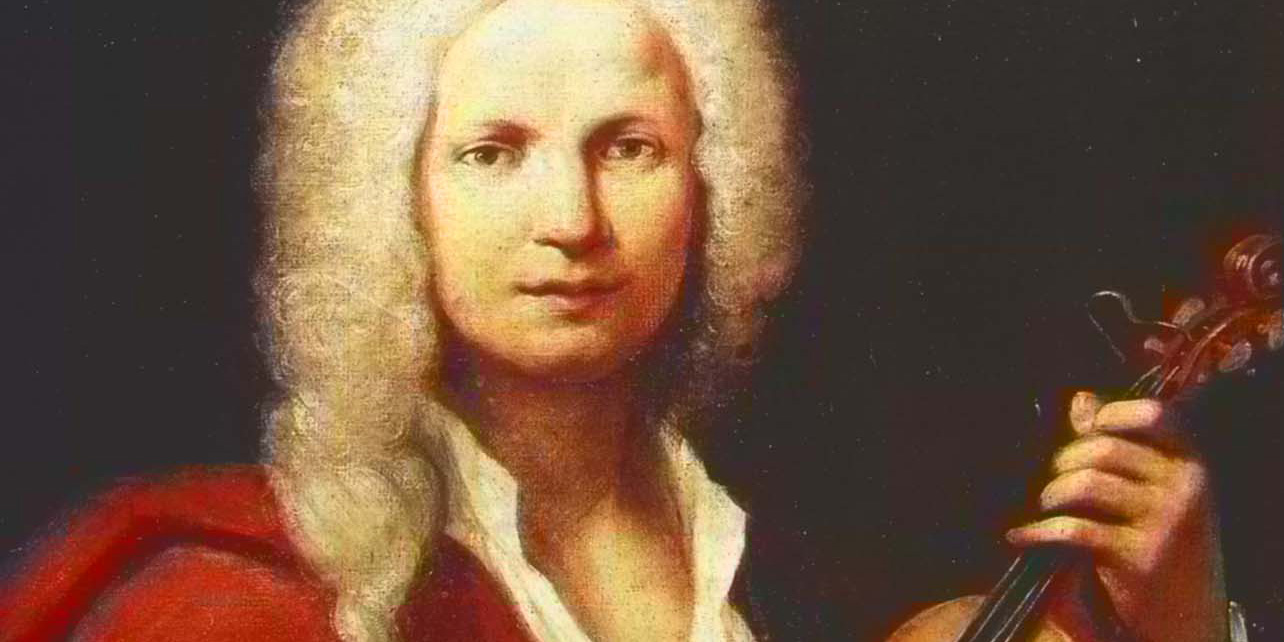Latest Comments

Antonio Vivaldi: A Comprehensive Biography
Antonio Lucio Vivaldi (1678-1741) stands as a towering figure in the landscape of Baroque music. An Italian composer, virtuoso violinist, teacher, and ordained priest, Vivaldi’s[…]

The Story Behind Vivaldi’s Concerto della Madonna
Antonio Vivaldi, the renowned Italian Baroque composer, is celebrated for his extensive repertoire of concertos, sacred choral works, and operas. Among his sacred compositions is[…]

The Story Behind Vivaldi’s Four Seasons
Antonio Vivaldi, an Italian Baroque composer born in 1678, is celebrated for his energetic violin compositions and pioneering contributions to instrumental music. Among his prolific[…]

Antonio Vivaldi – Biography and History
Antonio Vivaldi, renowned as one of the greatest composers of the Baroque period, left an indelible mark on the world of classical music. Born on[…]

Antonio Vivaldi – Biography and Life
Antonio Vivaldi, a virtuoso composer of the Baroque era, left an indelible mark on the world of classical music with his innovative compositions and unparalleled[…]
© 2025 Top Classical Music. Created with ❤ using WordPress and Kubio